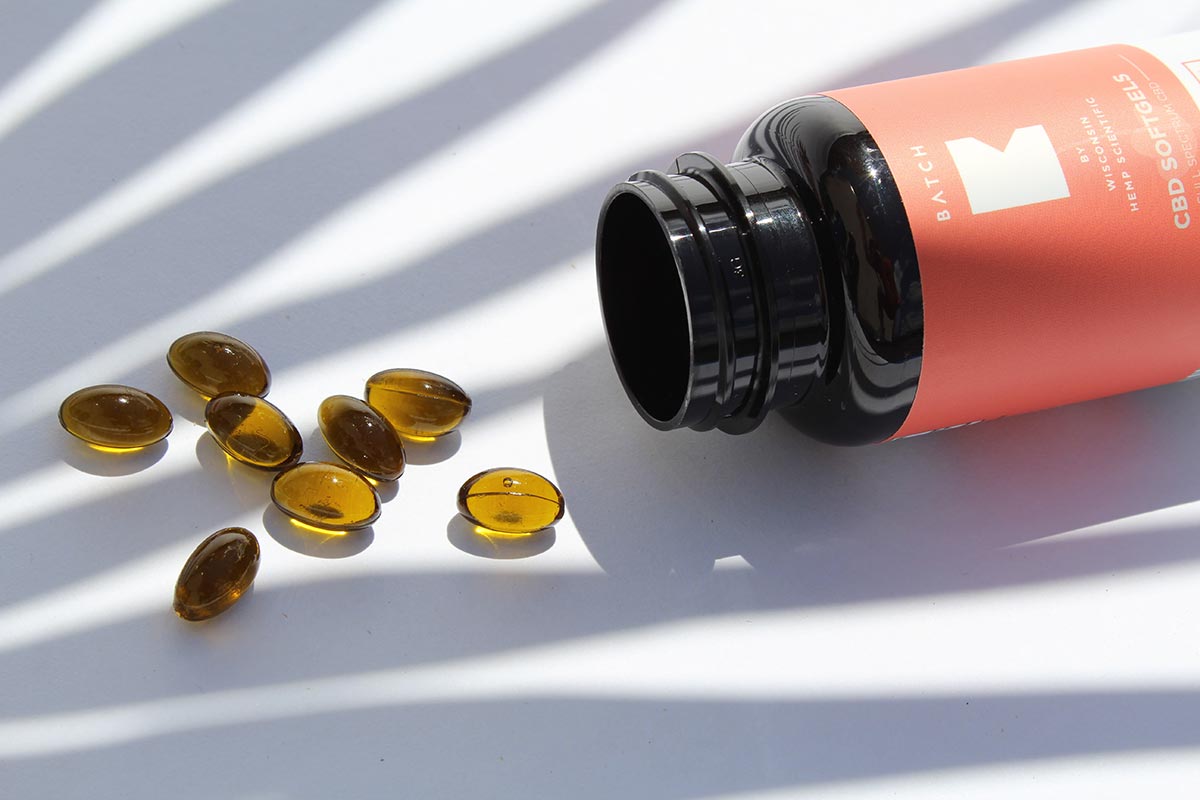Softgels have become the go-to option for those who struggle with swallowing traditional tablets or capsules. Their smooth texture and lack of sharp edges make them significantly easier to ingest. But their appeal goes beyond comfort. Softgels are renowned for their ability to mask unpleasant tastes and odors, a feature particularly beneficial for ingredients like fish oil or herbal extracts. Moreover, their hermetically sealed design ensures that the active ingredients remain unaltered by external contaminants such as bacteria, mold, or moisture.
Enhanced Bioavailability and Stability
From a pharmacological perspective, softgels offer superior bioavailability. The encapsulated contents, often in liquid or paste form, dissolve more rapidly in gastric juices compared to solid tablets. This faster dissolution enhances the absorption of active ingredients into the bloodstream, ensuring more efficient delivery of nutrients or medication. Additionally, the air-tight seal of softgels protects sensitive ingredients from oxidation and light degradation, prolonging their shelf life and maintaining potency.
Precision in Dosage
One of the standout features of softgel encapsulation is its precision in dosage. The raw materials undergo micronization, a process that ensures homogeneity in the formulation. This minimizes dosage variability, a common concern in tablet manufacturing, where inconsistencies can occur. Such accuracy is particularly crucial in the pharmaceutical industry, where even slight variations in dosage can have significant implications for efficacy and safety.
The Science Behind Softgel Encapsulation
The manufacturing of softgels relies heavily on the properties of gelatin, a tasteless, odorless, and colorless material. Gelatin forms the capsule’s outer shell, providing both flexibility and durability. For consumers seeking vegetarian or vegan options, alternatives like Hydroxy Propyl Methyl Cellulose (HPMC) are available. Derived from plant sources such as seaweed or wood pulp, these VegiCaps offer comparable stability and functionality, catering to a broader audience.
Specialized Applications
Softgels are not just a boon for the supplement industry; they have found applications in cosmetics, particularly in anti-aging formulations. Ingredients like retinol, Vitamin E, and peptides benefit from the encapsulation process, which protects them from degradation and enhances their effectiveness. In healthcare, softgels are instrumental in delivering nutrients such as CoQ10, curcumin, and carotenoids, which are notoriously challenging for the body to absorb in their natural forms.
Customizable Features
Another advantage of softgels lies in their customization. Brands can print logos or etch designs directly onto the capsules, eliminating the need for external dyes or coatings. This not only enhances brand visibility but also provides an added layer of security against counterfeit products. Furthermore, the ability to create transparent or opaque capsules ensures that light-sensitive ingredients are adequately protected, maintaining their stability and efficacy.
Challenges in Manufacturing
While the benefits of softgel encapsulation are clear, the manufacturing process is not without its challenges. It requires controlled environments with specific humidity and temperature levels to ensure the integrity of the capsules. Skilled operators and advanced machinery are essential to maintain the high standards expected in the industry. The process may be automated, but expert oversight is crucial at every stage to produce a product that meets rigorous quality benchmarks.
Future Trends in Softgel Technology
The future of softgel encapsulation technology is promising. As consumer demand grows for supplements and pharmaceuticals that combine efficacy with convenience, manufacturers are innovating to meet these expectations. Emerging trends include enhanced formulations that improve nutrient absorption and targeted delivery mechanisms. Softgel technology is also advancing to accommodate sustainable practices, such as biodegradable materials and eco-friendly production processes. This evolution ensures that softgels remain at the forefront of healthcare and wellness innovation.













